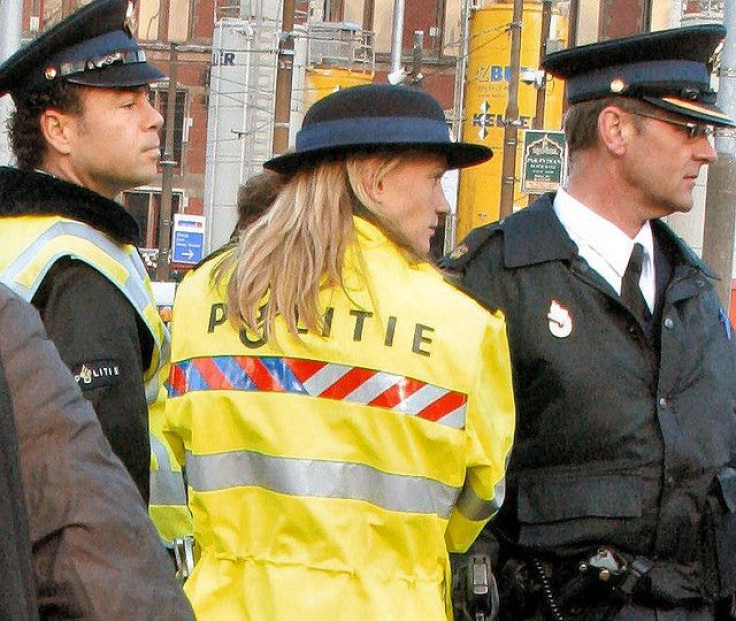Detectives Observing Drug Dealers Report The Incident More Accurately Than Cops, Civilians: Study

Usually police testimony, which is based on an officer’s written report, is given greater weight in many law courts than the observations of civilians. Is this justified? A new Dutch study found uniformed officers and detectives on surveillance teams gave more complete information about a drug deal than private citizens.
“These findings just provide scientific support for the assumption that police officers, particularly those in specialized observation teams, provide more complete and more accurate reports,” Dr. Annelies Vredeveldt, an assistant professor in the department of criminal law and criminology at VU University in Amsterdam, told Medical Daily in an email. Asked if these results might apply in other countries, she said that would be difficult to answer.
“There are studies from the United Kingdom and the United States showing no relevant differences between civilians and uniformed police officers, but they did not test specialized observation teams,” said Vredeveldt, who added, “As far as I know, we were the first to do this.”
Aware that police officers’ reports may serve as legal evidence, Vredeveldt and Dr. Peter van Koppen, a professor of psychology and law at VU University, and Joris Knol, of the Haarlem Police Force, decided to investigate. In particular, they examined whether reports and identifications made by police officers, and surveillance detectives, in particular, might be more accurate than those made by civilians.
Crime Scene Reports
They began their experiment by recruiting participants, in this case a total of 46 civilians, 52 uniformed police officers, and 42 surveillance detectives. Participants viewed a 15-minute video of a drug deal and were instructed to take notes, if they wished, while watching. Beforehand, all the participants received a priority list, written by experts and containing information considered most pertinent to an investigation. Following the video, the participants completed a questionnaire about the incident. They also took part in three line-up identifications: two for people key to the drug deal, one for background detail.
Tasks completed, the team of researchers collected and analyzed the data. The results, they said in a press release, were “very surprising. Until now, most legal psychologists assumed that police professionals are no better at observing crimes than ordinary civilians,” they said.
So what did they discover? Reports made by the “unis” and detectives were significantly more complete than those made by civilians, particularly for the top-three items on the list of crime-relevant information. Importantly, the detectives’ reports were more accurate, significantly so, than those of either uniformed officers or civilians. And, the surveillance-saavy detectives were much more likely to identify offenders in the lineup, while the civvies were much more likely to identify the background detail.
The researchers concluded that their findings demonstrate that “police officers, and in particular specialized detectives on surveillance teams, are more observant of the crime-relevant aspects of an incident than civilian observers.”
However, this does not mean that civilian testimony has no value. Citizens "can still provide information that turns out to be very informative," said Vredeveldt, who added, "There are ways to help witnesses remember better, but I could write a whole book about that!"
Source: Vredeveldt A, Knol JW, van Koppen PJ. Observing offenders: Incident reports by surveillance detectives, uniformed police, and civilians. Legal and Criminological Psychology. 2015.



























